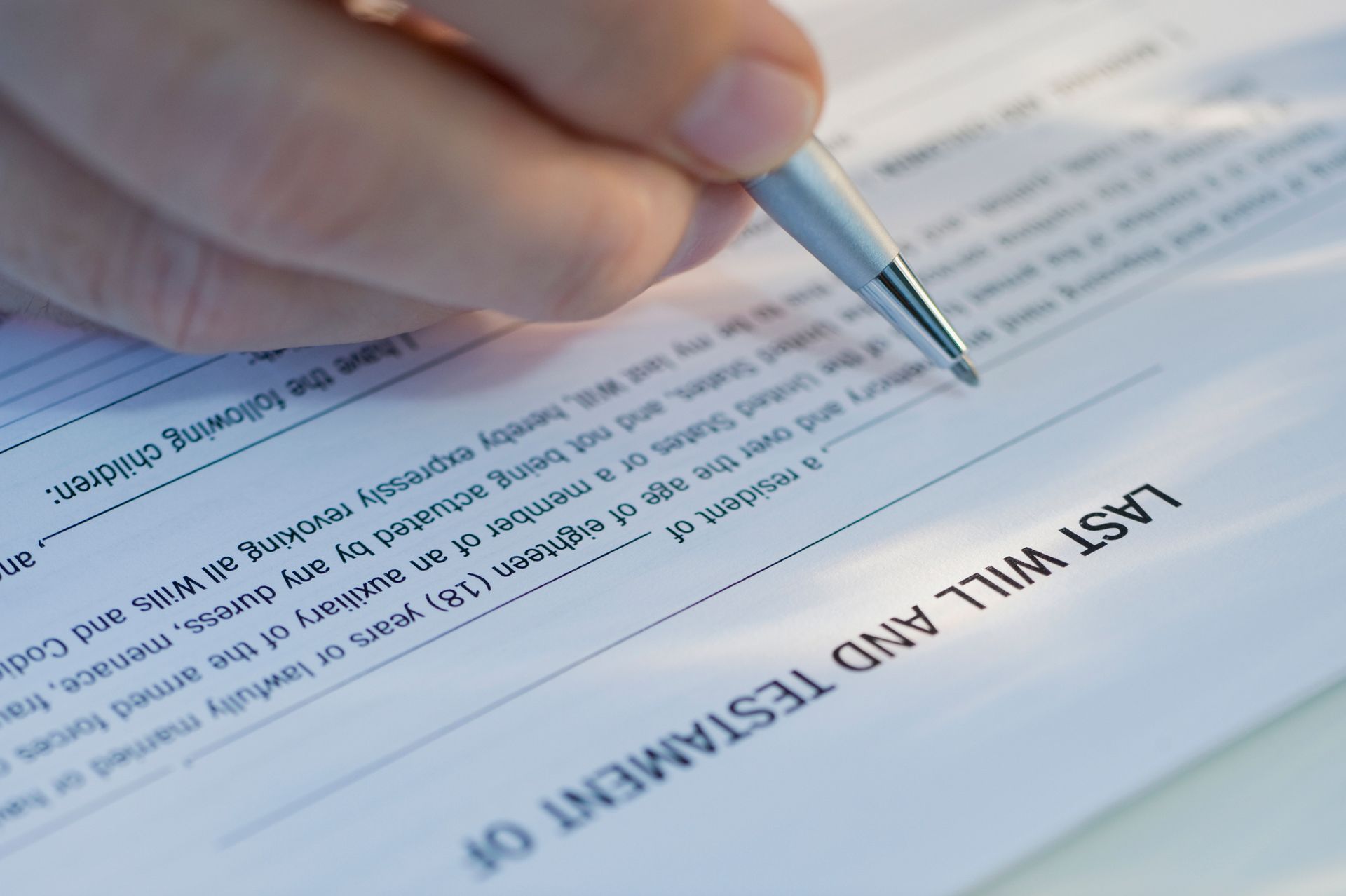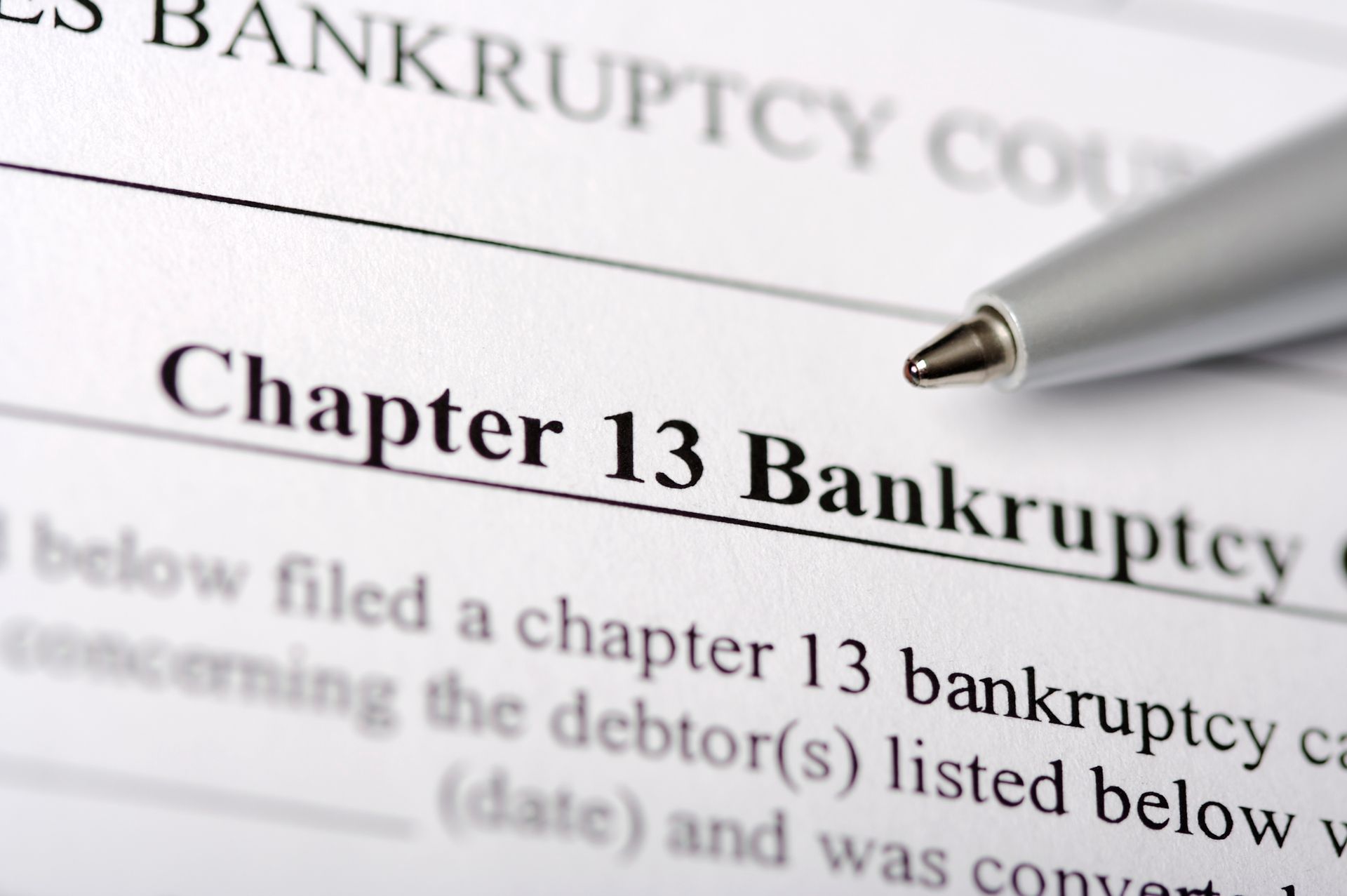What NOT to do if Estate Planning After a NJ Divorce

Divorce is a life-altering event. Separating from and divorcing a spouse changes so many aspects of your life personally, financially, and legally. It can be easy to get caught up in the immediate financial and legal difficulties of divorce and ignore potential legal problems it can create down the road. After a divorce, it is critical to develop an estate plan or update an existing plan. Working with an experienced estate planning attorney after a divorce can ensure you protect your assets now and in the future. Veitengruber Law is an experienced NJ estate planning attorney. We can help you avoid costly errors and get peace of mind. Here are five mistakes to avoid making when estate planning after a NJ divorce:
1. Forgetting to Update Your Will
After a divorce, you will need to do a detailed review of your estate plan and determine areas where revisions are necessary. Many folks list their spouse as executor, administrator, or beneficiary. If you do not want your ex to have control over your estate or receive an inheritance from your estate, you will need to revise your estate plan to reflect this. Neglecting to update your estate plan to remove your ex-spouse could result in them receiving your assets after your death instead of other loved ones or even a future spouse. This is especially true for trusts that your ex may be listed on as a trustee, as this could potentially impact the inheritance of your heirs.
2. Failing to Remove Your Ex as Your POA or Health Care Proxy
The person you choose as your Power of Attorney and Health Care Proxy is in a position to have much power over your life and your assets. If you become incapacitated, this person will have the ability to make crucial medical, financial, and legal decisions for you. After a divorce, you may no longer trust your ex to make the decisions in good faith. Changing your POA and health care proxy selections immediately after you divorce is crucial to protecting your assets. Failing to do so could lead to significant legal battles for your loved ones.
3. Not Updating Guardian Designations for Minors
If you still have minor dependents, it is crucial to nominate guardians post-divorce. While a guardian you nominate would not supersede the parental rights of your ex-spouse, it would give them a legal precedent for guardianship if you and your ex pass, or if you pass and your ex is deemed unfit. This can help you ensure your children are cared for no matter what the future holds for you or your ex. Nominating guardians can help your children avoid more heartache during an already difficult time.
4. Neglecting to Update Life Insurance and Retirement Accounts
If you have a life insurance policy, the beneficiaries listed in this policy will supersede whatever is written in your will. Even if you have explicitly listed a different beneficiary for your life insurance policy in your will, the company you have your policy through will only disperse funds to your policy beneficiary. This means your ex-spouse could receive your life insurance payout or retirement account. Contact your life insurance or retirement plan provider to change your designated beneficiaries.
5. Ignore Financial Consequences
Divorce is expensive. Legal fees, dividing assets, moving expenses, splitting your household income in half—it adds up. When you add child support or alimony to this, the financial impact of divorce can drastically alter your financial circumstances. You could find yourself in a different tax bracket. Adjustments within your estate plan can help you minimize your tax obligations post-divorce.
6. Act Before Talking to an Attorney
There may be terms or stipulations in your divorce settlement that apply conditions to how much of your estate you can protect from your ex. For example, the divorce settlement could state that your ex is entitled to half of your retirement savings. In this case, you could not legally remove them as a beneficiary of this account. Working with an attorney can stop you from making expensive mistakes and help you find legal ways to protect your assets from a former spouse. Estate planning can be complex, and it is crucial to have a knowledgeable legal expert to help you avoid problems.
Veitengruber Law is an estate planning attorney in New Jersey with experience working with divorced individuals navigating the legal complexities of estate planning after separation. Divorce creates unique circumstances that can make it difficult to effectively estate plan. We can help you avoid common mistakes and start anew.










